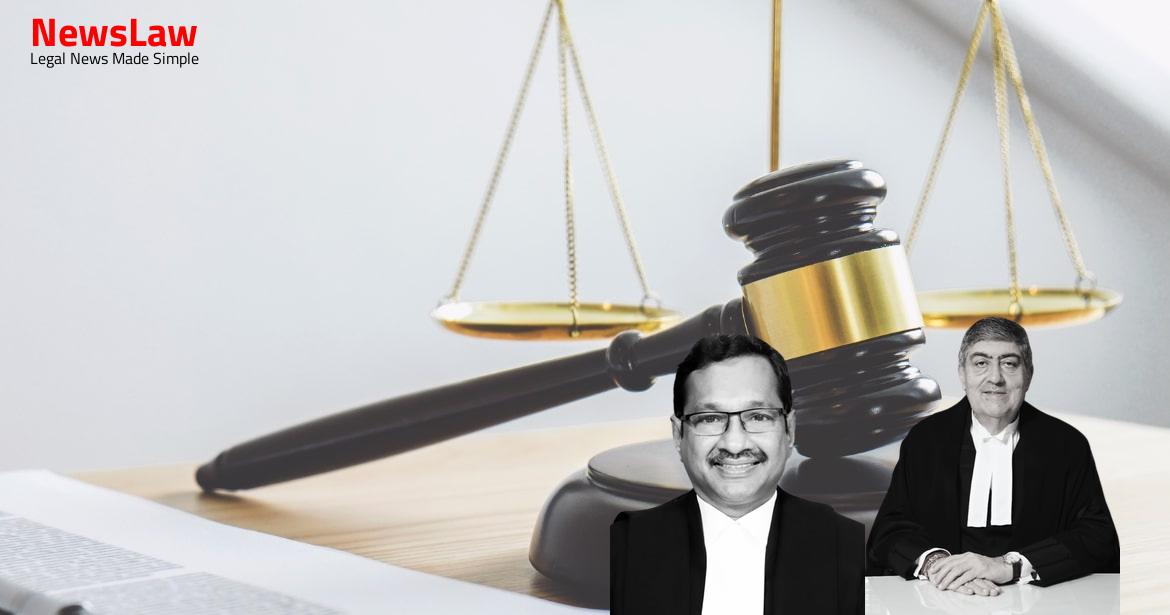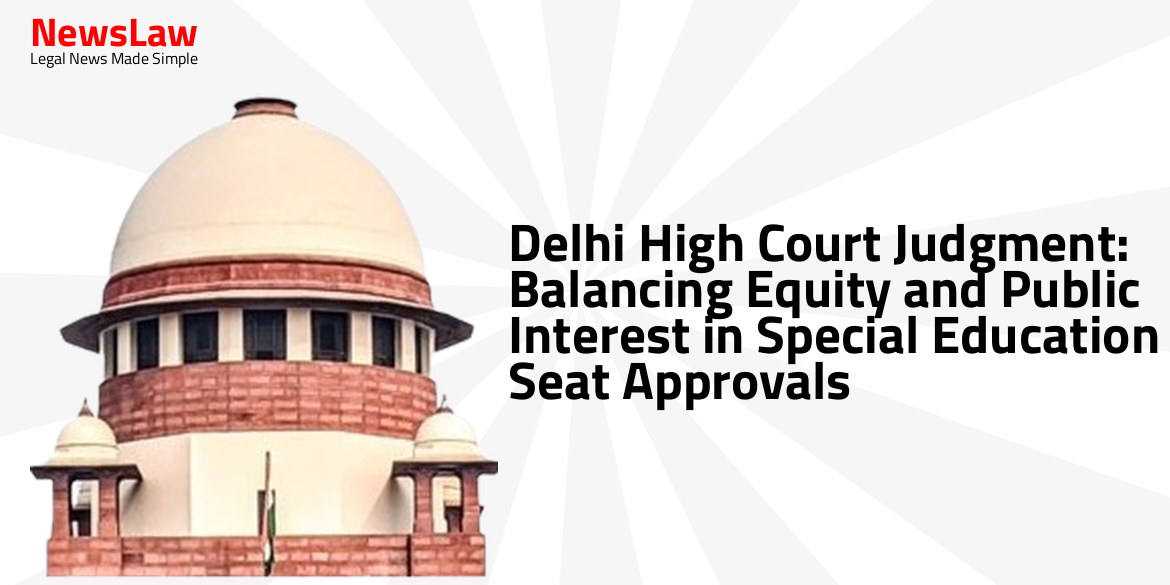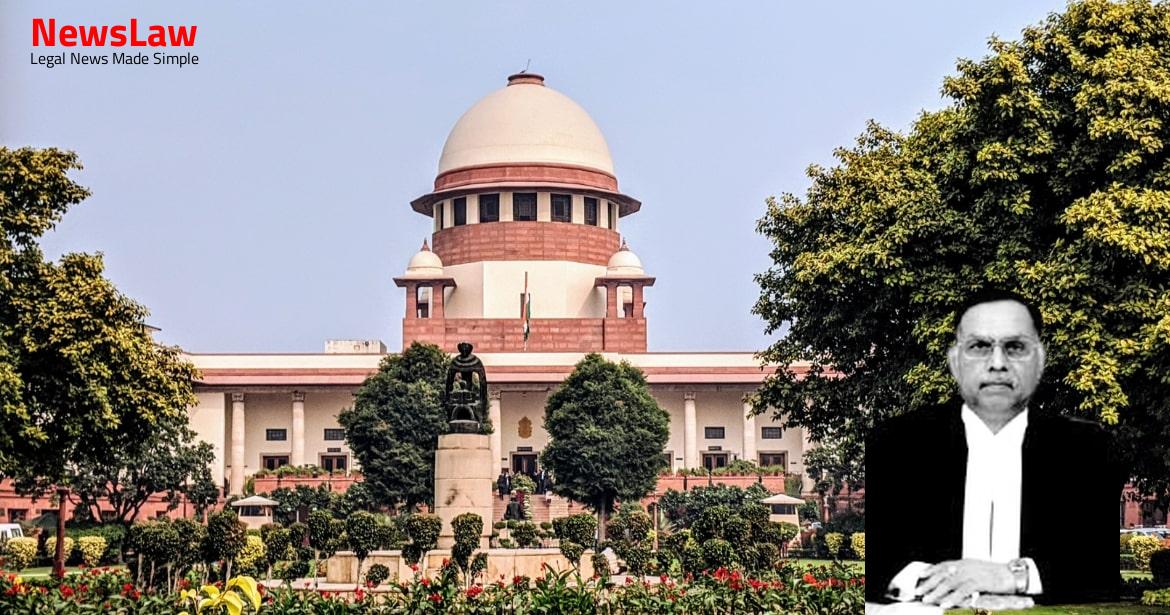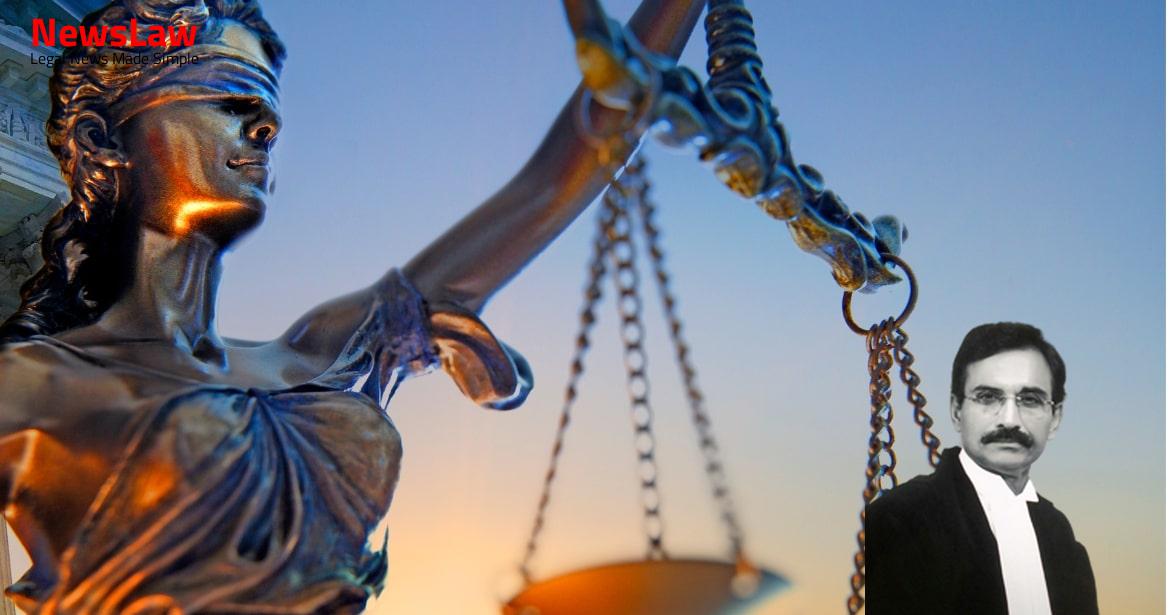Delve into the detailed legal analysis conducted by the court regarding the application of the Competition Act in a case involving lottery distribution. The court’s nuanced examination of the Act’s provisions in the context of bid rigging and alleged collusive practices provides valuable insights into the regulatory framework governing such industries. Unravel the complexities of competition law and its implications on market practices through the lens of this significant legal case.
Facts
- The EoI specified minimum rates set by the Government of India: Rs.5 lakh per draw for Bumper and Rs.10,000 per draw for others.
- Five bids were received, with four being accepted.
- Allegations of bid rigging, collusive bidding, and cartelisation in the tender process for lottery distributors in Mizoram.
- State of Mizoram required distributors to provide exorbitant sums of money upfront for security, advance payment, and prize pool.
- Prayer made by respondent No.4 to quash the EoI, restrain the state from abuse of dominant position, and ban selected bidders from operating in Mizoram.
- Allegations of violation of Competition Act by the State of Mizoram in requiring high upfront payments from distributors.
Also Read: Supreme Court Judgment on Single Till Mechanism for HRAB Calculation: A Comprehensive Analysis
Arguments
- The petitioner argued that the High Court should not have entertained a petition under Article 226/227 of the Constitution of India as the order under Section 26(1) of the Competition Act was administrative in nature and had no adverse civil consequences.
- The petitioner contended that the High Court did not fully understand the case being examined by the CCI.
- The definition of ‘service’ under the Competition Act was emphasized, stating that it includes services in connection with industrial or commercial matters.
- The petitioner argued that the sale or distribution of lottery tickets should be considered a ‘service’ under the Competition Act.
- Reference was made to Section 54 of the Competition Act, which allows the Central Government to exempt activities from the Act but no such exemption had been issued.
- A comparison was drawn with the TRAI Act to highlight the distinct functions of the CCI in dealing with anti-competitive agreements.
- It was stressed that determining the adverse effect on competition was the exclusive domain of the CCI.
- The petitioner pointed out that there was no specific exclusion of services under the Competition Act, unlike in the Monopolies and Restrictive Trade Practices Act, 1969.
- The State of Mizoram requested to be deleted as a party as they believed the appeal had become irrelevant due to CCI orders.
- The CCI had ruled that no fault could be attributed to the State and would not pass any adverse orders against it.
- It was unnecessary for the State of Mizoram to have been involved in the High Court proceedings originally.
- The State of Mizoram never sought to quash the proceedings against the private parties according to their counsel.
Analysis
- The DG made observations against respondent No.2 and the State of Mizoram for not being vigilant against unfair trade practices.
- Respondent No.4’s complaint may have been under Section 4 of the Competition Act but did not proceed against the State.
- Respondent No.6 claimed to have an agreement with respondent No.1 regarding lottery draws.
- The CCI’s final report was pending, parties instructed to provide financial details for the past three years by a deadline.
- CCI’s concern was bid rigging in tendering process, not the lottery business itself regulated by the Regulation Act.
- The Competition Act was not applicable to lotteries regulated under a specific act.
- Respondent No.5 was the main contesting party against the complaints.
- The High Court’s injunction was lifted against the CCI based on information provided by the CCI representative.
- Respondent No.1 seemed to assist private parties, which was not appreciated by the court.
- Lottery tickets were considered not as goods or services under the Competition Act.
- The CCI found a possible violation by respondent Nos. 5 & 6 in bid rigging but not against the State.
- State of Mizoram claimed to be a victim of cartelisation and was willing to cooperate with the CCI.
- The High Court issued interim directions restraining the CCI from passing a final order.
- CCIs inquiry was limited to potential bid rigging in the lottery business.
- Lotteries were considered as res extra commercium and regulated by the State.
- CCI rejected a complaint under Section 4 of the Competition Act against respondent No.1.
- High Court’s intervention was deemed premature and brought CCI proceedings to a standstill.
- Lottery business being outside regular commerce, Competition Act was not applicable as per some arguments.
- The State’s plea was considered premature by the court’s analysis.
- Chapter VIIIA of the Competition Act establishes the Appellate Tribunal.
- Section 26 outlines the procedure for inquiries under Section 19, which pertains to certain agreements and dominant positions of enterprises.
- The Competition Act’s objective is to prevent practices that adversely affect competition, promote competition, protect consumer interests, and ensure trade freedom in India.
- Chapter II of the Act prohibits certain agreements, abuse of dominant position, and regulates combinations.
- Definition of ‘bid rigging’ involves agreements that reduce competition for bids or manipulate bidding processes.
- Section 4 of the Act prohibits abuse of dominant position, including imposing unfair conditions or prices.
- The definition of ‘goods’ in the Act refers to the Sale of Goods Act, which excludes actionable claims from the definition of goods.
- Provisions state that if no prima facie case is found, the matter will be closed and appropriate orders passed.
- The CCI utilized its powers under Section 26(1) to investigate cartelization and bid rigging based on evidence provided by a complaint.
- Reasons for the investigation included identical bids for online lotteries and a single party bidding on paper lotteries at the minimum rate.
- Section 26(2) details circumstances where the Commission may find no prima facie case based on information received.
- Agreements among enterprises that determine prices, control production, or engage in bid rigging are presumed to harm competition.
- Chapters III, IV, and V of the Act deal with the establishment, composition, duties, and powers of the CCI and Director-General.
- Lotteries, considered akin to gambling activities, fall under the doctrine of res extra commercium.
- Lotteries are not considered trade and commerce within the scope of Articles 301-303 of the Indian Constitution.
- The process should have been allowed to conclude with the right to avail of the appellate remedy under Section 53B of the Competition Act.
- The CCI found a prima facie case for investigation by the DG under Section 3(1) of the Competition Act.
- The DG provided an adverse opinion, and the CCI issued a notice for the affected parties to present their stance.
- There was no need for the High Court to proceed as it did.
- The parties could have faced the ultimate decision of the CCI and availed the appellate remedy if aggrieved.
Also Read: Selection and Appointment of Judicial Officers in Himachal Pradesh
Decision
- Impugned judgment of the High Court is set aside
- Proceedings in WP(C) No 24/2013 closed as per CCI’s statement
- Proceedings against other parties to continue
- State Government volunteered to cooperate
- Proper sequitur to the investigation expected
- WP(C) No 76/2013 and WP(C) No 90/2013 filed by private parties dismissed
- Material for investigation already with CCI
- CCI to proceed in accordance with law
- Future impact expected despite contracts ending
- Appeals allowed, parties to bear their own costs
Case Title: COMPETITION COMMISSION OF INDIA Vs. STATE OF MIZORAM (2022 INSC 64)
Case Number: C.A. No.-010820-010822 / 2014



